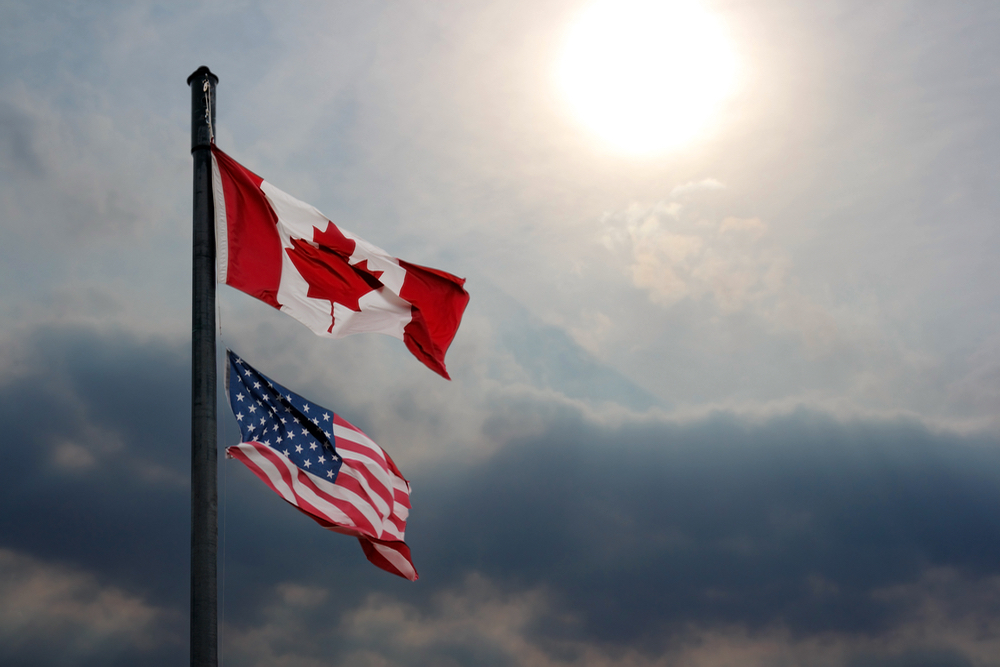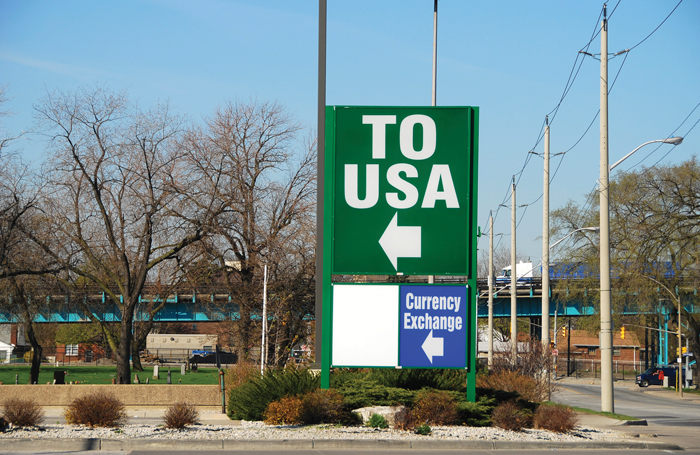Step away from the hollering last week – both in and outside of the House of Commons – for just a minute. Block out the images of television journalists shivering in the damp Ottawa cold trying to find words to fill the minute-by-minute live coverage, the murky handycam footage of an Opposition leader who can’t win for losing, and a prime minister with attitude.
If you can get past the hype, hypocrisy and the bluster, it’s becoming increasingly evident that Canada’s parliamentary democracy is far from broken. The system worked.
Read Also

Canada’s Grocery Code of Conduct just window dressing
The voluntary nature of Canada’s Grocery Code of Conduct robs it of effectiveness and won’t result in the food system accountability that’s needed.
The party in power was prevented from using a deepening economic crisis as an opportunity to pursue an ideological agenda that would have weakened the opposition parties. While the united front presented by the Opposition was effective enough to force the government to back down on its economic statement, the Governor General clearly did not have confidence the coalition was strong enough to govern.
So a cooling off period was imposed. If the Liberal-NDP coalition is not stable enough to survive six weeks when the House isn’t in session, handing over the reins of government would throw the country into chaos. And if the Conservative minority government can’t learn to be conducive to compromise, which is an essential component of a minority government, it could squander the narrow mandate it has.
The events of past two weeks are rare in Canada’s parliamentary history, if not unprecedented. But they were democratic. Whether or not you agree with the Governor General’s decision, Canada’s constitutional traditions and Parliamentary rules provided the necessary checks and balances to make the decisions that needed to be made.
The system worked.
Yet there are many calls from an outraged public for electoral reform. Perhaps it is the electorate, 40 per cent of whom didn’t bother to vote in the last federal election, that needs reforming.
Because if there is one thing that emerged with clarity during the events in Ottawa last week, it is that many of us – several politicians included – have an inadequate understanding of how our parliamentary democracy works.
There were taunts of “undemocratic behaviour” and treason levelled at the official Opposition; there was talk of suing the Governor General if she failed to make the “right” decision.
“We elected Harper for president,” fumed one caller to a radio talk show.
Sorry, wrong country. We don’t elect presidents in Canada – although the “presidential” behaviour of the party leaders contributes to the confusion. We elect members of Parliament, who are sent to Ottawa to represent our interests in the House of Commons. It is up to those members to choose who will be Prime Minister.
Usually, that role naturally flows to the leader of the party which holds the most seats in the Commons. But not always, as with the case of minority government. In those situations, the members of Parliament can vote to change that leadership – as we saw demonstrated last week.
It is truly cause for celebration that citizens in Canada can freely express their views while events such as these unfold. While we take for granted being able to speak our minds, it is not a right that can be freely exercised in many parts of the world. But thankfully, our system of government relies on our elected representatives to make decisions – not the latest mob mentality or opinion polls.
This is poorly understood, most notably by Prime Minister Harper, who appears to have resorted to the age-old tactic of divide and conquer in a bid to capitalize on the public’s ignorance by stirring up fear and dissent.
One pundit described Harper last week as holding the dubious distinction of first uniting the country’s political right – and now its left.
Let’s hope he doesn’t add dividing the country to his list of accomplishments with his rhetoric about socialists in bed with separatists. Fanning the flames of alienation may achieve short-term political gain, but it is truly a disappointing display that could cost the country dearly.
None of this is surprising to observers of the Canadian Wheat Board debate since the Conservatives came to power in 2006. Despite the Harper government’s best efforts to sway the vote in director’s elections towards the open market, that system worked too. The return rate in the recent directors’ elections was 52.8 per cent of the eligible voters. On a mail-in ballot, that’s high, and the results leave the balance of power at the board table in the hands of single desk supporters.
Canadians have re-engaged with politics and that’s a good thing. It’s likely Canada will see a more robust turnout in the next federal election, which could be upon us by late winter.
The system works. We need to participate – so it can. [email protected]



















